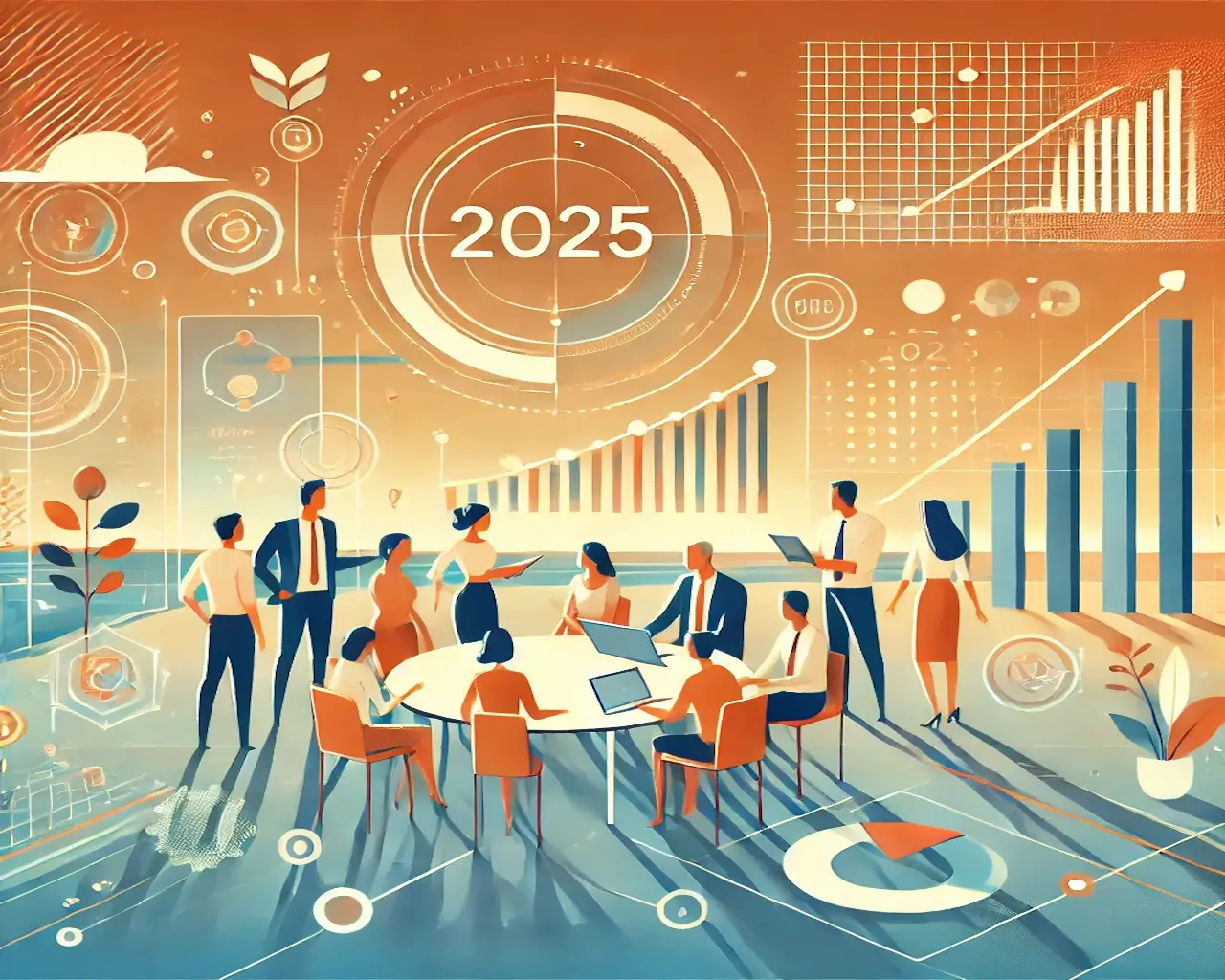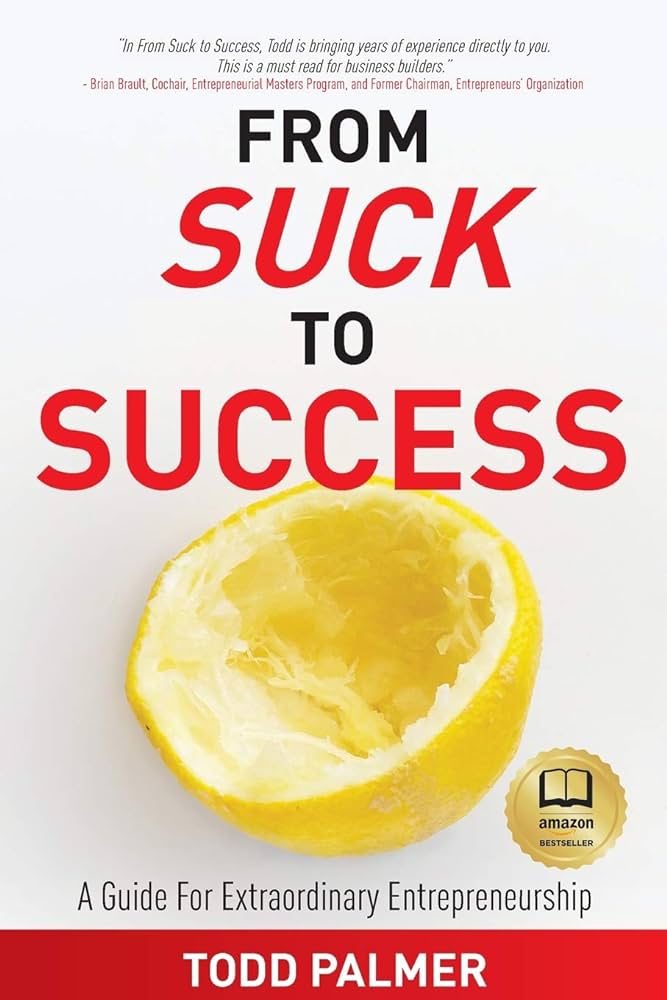Recently, I had the privilege of facilitating a four-hour strategy session for a client via Zoom. This wasn't just any session; it was their 2025 Annual Planning Session—and the fact that they’re starting this so early shows their commitment to ensuring 2025 gets off to a great start!
I absolutely love working with clients who take their planning seriously and recognize the value of getting ahead. Whether in person or virtually, a well-facilitated session can lay the groundwork for a high-performing team in the coming year.
Facilitating Over Zoom: Playing to the Room You Have
I’ll be the first to admit that most facilitators, myself included, prefer to be in person and physically present with the team. There’s something about that shared space that can feel irreplaceable. However, as a facilitator, I’ve learned a powerful lesson: play in the room you have, not the one you wish you had.
Whether face-to-face or virtual, it’s our job to make the most of any situation. The room is not the obstacle—our mindset is. The key is showing up as your best self, especially when you're facilitating remotely. You have to bring energy and focus, ensuring that the same momentum and results happen virtually as they would in person.
Leading a Room Requires Flexibility
Flexibility is critical for leaders and entrepreneurs, especially during planning sessions like this one. You must adapt to the dynamics of the room—whether that room is filled with familiar faces in person or little Zoom squares on a screen. What you can control is the energy you bring, the expectations you set, and how you guide the conversation.
It’s about engagement, ensuring no one hides in the background and no one dominates. Every voice has value, and I make sure every team member has the opportunity to contribute. But as a facilitator, my job isn’t just to steer conversations; it’s about driving results—milestones, timelines, and a shared commitment to move the company forward.
Bringing Psychological Safety into the Conversation
One of the most critical elements of facilitating these sessions is creating a space where people feel safe enough to have crucial conversations. It’s not just about what they say but what they commit to doing afterward. My job is to foster that sense of psychological safety, where people feel seen, heard, and valued, which empowers them to show up with honesty and accountability.
A major focus in these sessions is chemistry with the leader—whether it's a CEO or business owner. Trust is non-negotiable. Before any team can align behind a vision, they need to know their leader and facilitator are united in purpose. It's my responsibility to guide the session in a way that keeps the entire team on track while ensuring the entrepreneur’s vision and goals are upheld.
The Value of Early Planning
In this particular session, the client came away with a glowing review. She was blown away by how much we accomplished in such a short period and deeply appreciated how productive and valuable the session was. By the end, we had actionable plans with clear timelines that the entire team bought into.
When you’re planning your 2025 strategies—whether it’s for Q4 or next year—it’s essential to remember that planning early gives your business the runway it needs. Starting early doesn’t just mean having time on your side; it means your team can focus on execution with clarity and purpose from day one.
The Responsibility of Leadership: It's Not About You
As a facilitator, it’s easy to fall into the trap of thinking it’s about us—the energy we bring, the way we guide the session. But the truth is, it's never about us. It’s about the value we provide to the leader, the team, and the room. My role is not about ego or showing off; it’s about serving the needs of the group, keeping them on track, and ensuring they’re equipped to achieve the goals they set.
Ultimately, the team is responsible for doing the work, but I see it as my role to create the conditions for their success—driving focus, clarity, and commitment.
As you prepare for your Q4 or 2025 annual planning sessions, consider the power of getting ahead and embracing a flexible mindset. Whether you’re meeting in person or virtually, versatility, psychological safety, and accountability are the keys to driving real, measurable results.
The early planning my client committed to will undoubtedly set them up for an incredible 2025. What will you do today to get your team ready for tomorrow?




